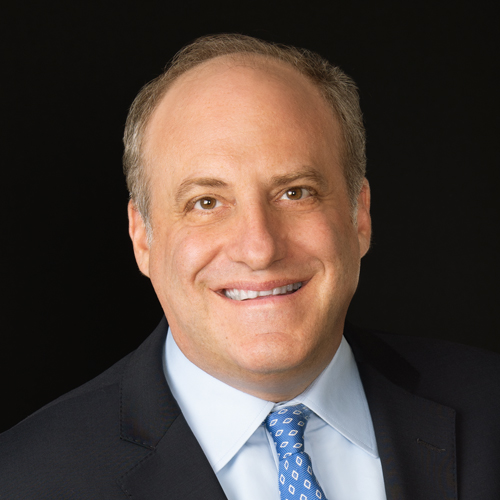On August 29, 2025, the US Department of Justice (DOJ) announced the formation of a cross-agency Trade Fraud Task Force to “identify and combat trade fraud that threatens [US] economic and national security interests.” According to DOJ, this partnership between its Civil and Criminal Divisions and the Department of Homeland Security (DHS) will “aggressively pursue enforcement actions against any parties who seek to evade tariffs and other duties, as well as smugglers who seek to import prohibited goods into the American economy.” The task force encourages whistleblowers – particularly domestic companies adversely affected by competitors’ evasion of tariffs – to come forward with enforcement tips and bring claims under the qui tam provisions of the False Claims Act (FCA). It also advises importers to conduct “thorough audits of their importing practices and voluntarily self-disclose and remediate unlawful behavior,” which could qualify violators for leniency.
As previously noted in our April 7, May 8 and June 11 blog posts, trade fraud enforcement has become one of DOJ’s top priorities. Companies with global supply chains should consider strengthening their compliance programs to mitigate criminal and civil enforcement risks.
Task force will pursue both civil and criminal penalties
The new task force is positioned to pursue both civil and criminal enforcement against parties that engage in trade fraud. On the civil side, this may include actions under the FCA and the Tariff Act of 1930. As we noted previously, there are significant risks for liability under the FCA, which provides for a penalty of up to $28,619 for each false claim and allows the government to collect restitution of up to three times the amount of unpaid tariffs.
DOJ’s press release highlighted four civil settlements since March that involved allegations of improperly evaded customs duties. The settlement amounts totaled $32.2 million and involved a range of products, including multi-layered wood flooring, plastic resin, extruded aluminum products and quartz surface products.
In addition to civil enforcement, the task force will also pursue criminal prosecutions under Title 18’s trade fraud and conspiracy provisions. In July, DOJ officials stated that the Criminal Division’s major frauds unit was shifting resources to trade enforcement and was expected to add “significant personnel” from other DOJ divisions. The larger group would be renamed “the market, government, consumer fraud unit” and is expected to “focus on trade fraud and other white-collar crimes affecting investors and consumers.” As we noted previously, criminal prosecution of tariff evasion is not a speculative risk, and the risk is only expected to increase as DOJ intensifies its focus on trade enforcement.
DOJ encourages referrals from whistleblowers
In its press release, DOJ emphasized the importance of industry cooperation and whistleblower participation in identifying and addressing trade fraud schemes and made clear that the task force “welcomes” domestic companies to blow the whistle on their competitors’ unfair trade practices. As we previously discussed, DOJ’s Criminal Division revised its Whistleblower Awards Pilot Program in May to expand the program’s subject matter areas, which now include trade fraud.
The DOJ whistleblower program and the FCA’s qui tam provisions provide strong financial incentives for whistleblowers to report alleged tariff evasion. Indeed, three of the four settlements highlighted in the DOJ press release were qui tam actions brought by whistleblowers (two former employees and one competitor).
DOJ willing to reward self-disclosure and cooperation
Consistent with its long-standing policy of incentivizing self-disclosure, cooperation and remediation, DOJ has indicated a willingness to reduce penalties for companies that take steps to meet its leniency requirements. In one of the four FCA settlements highlighted in the DOJ press release, the company received credit for its “significant” efforts around self-disclosure, cooperation and remediation. Specifically, DOJ noted that the company made a “timely voluntary self-disclosure of the potential violations,” performed a “thorough and independent internal investigation,” preserved and disclosed “facts not known to the government but relevant to its investigation,” conducted “an analysis of potential damages” that it shared with the government, and undertook “remedial actions” that included “disciplining personnel and making improvements to compliance procedures.”
Key takeaways
- DOJ has made trade enforcement a top priority. Its new Trade Fraud Task Force will pursue both civil and criminal enforcement actions against individuals and companies that engage in tariff evasion.
- The task force is placing a strong emphasis on whistleblower participation, particularly from domestic companies that have allegedly been harmed by their competitors’ suspected trade fraud.
- As such, companies with global supply chains should consider evaluating and updating their compliance programs to mitigate the heightened government investigation and enforcement risk. In addition, companies should consider reviewing their internal reporting systems to ensure that whistleblower complaints will be heard and investigated.








